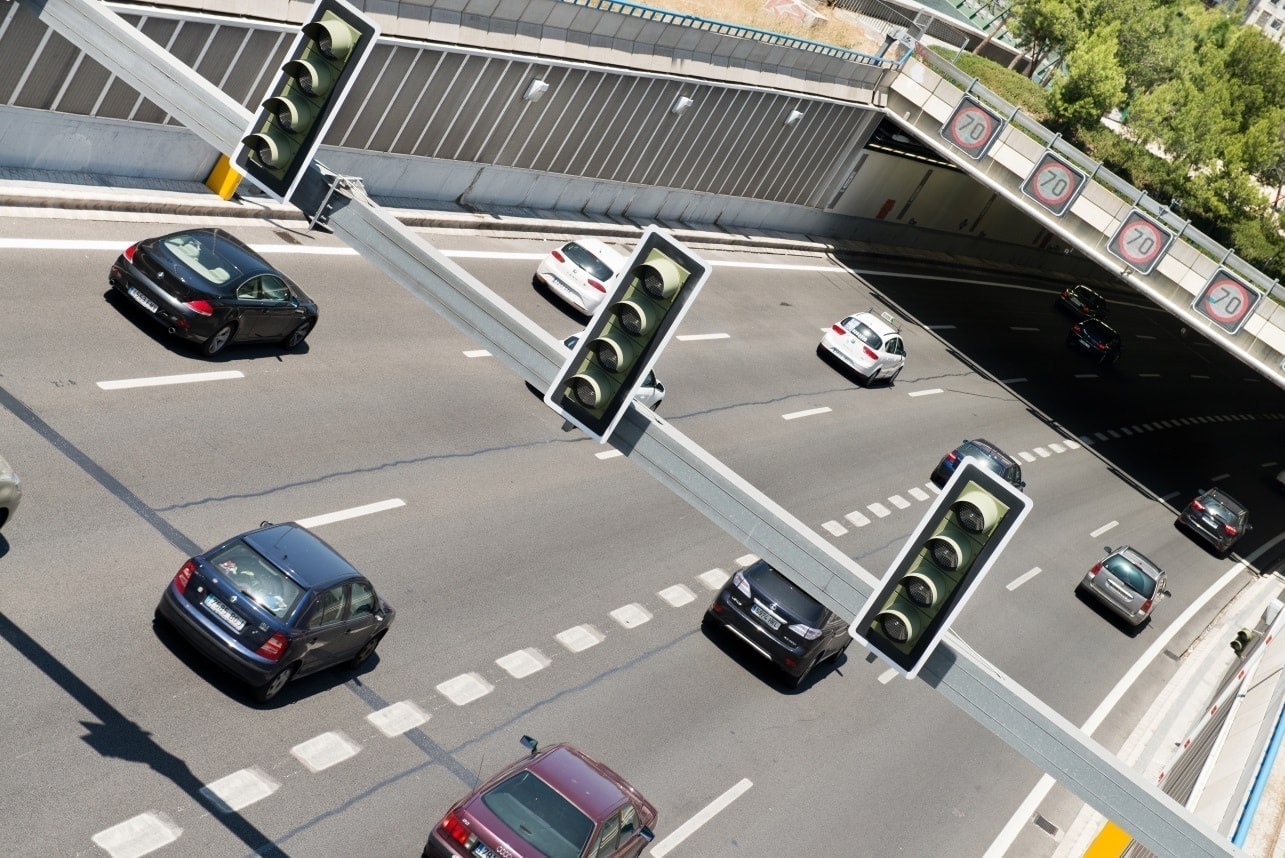
Ever since we were children we have heard that road safety encompasses the rules, measures and mechanisms aimed at preventing and/or minimising the effects of road accidents. In the professional sector, all of these elements materialise as Road Safety Plans, which are usually linked to training in safe driving practices for staff. This is no doubt important, but road safety is present also in many of our work processes.
In today’s world, the concept of road safety must take in new scenarios. When you are part of a team working on the design, management and maintenance of city transport and services infrastructures, you become aware of how your inputs can have direct consequences for the whole of society (and even for yourself). In other words, everybody’s actions affect everyone else: an accident – even a relatively minor one – causes traffic to come to a stop in a city; stopped cars cause an increase in CO2 emissions; we are late for work, for meetings… And this implies a new meaning for road safety: all the actions and processes that can potentially affect our daily routines, the environment and, obviously, the traffic conditions in a certain city, area or road.
As a company which specialises in holistic solutions for cities and infrastructures, it is important to look beyond simple work process and offer real added value. So for every activity we carry out, its impact on road safety must be identified.
Seven examples of how road safety affects our daily routines
If we were to represent on a map the activities carried out by Ferrovial Services, it would be easy to see how road safety is a factor requiring greater attention in most of them.
- 24h road surveillance: The state of roads and traffic conditions are monitored for any eventuality, such as an accident or an animal that may have been run over. This can affect the traffic flow, and it is therefore important to have specific protocols in place so that we can act in a calm and rational manner in any situation.
- Road cleaning: What would happen if the road, the central reservation, the hard shoulder or the side ditches of any road were dirty or littered? Weather phenomena such as wind, or the actions of us humans, could cause dirt and rubbish to encroach on the road surface and pose a threat to drivers.
- Maintenance of mountain passes: At the times of year when snowfalls can cause roads to be covered, snow ploughs have a vital role to play in keeping drivers and vehicles moving. And this is not the only scenario: it is important to control and foresee any weather changes in order to adapt to conditions well in advance.
- Tunnel management: Tunnels require special attention, with constant supervision, cleaning and maintenance being essential to ensure smooth traffic flows.
- Proper lighting management: This may perhaps be the most basic example – with lighting gaining in importance due to its energy saving potential –, as the ultimate purpose of road and city lighting is to improve visibility in order to reduce risks.
- Maintenance of drains systems: Blocked drains cause water levels to rise, which can affect gas pipes, electricity and telecommunications lines, etc. Without appropriate maintenance, the whole city could come to a standstill, with obvious consequences.
- Garden conservation: We all enjoy having green areas in a city, whether they are parks, gardens or the trees lining our streets. But again, if they are not properly maintained, things like plant diseases, weak branches or roots that grow and invade the roads can seriously affect vehicular mobility and people’s safety.
Though at times we may think of some of the above issues as relatively unimportant, safety should be in the minds of all, even if the main aim is at times different. The importance of analysis, prevention and control is a mantra which should be a priority in all work processes, and indeed, in people’s lives.
In this sense, safety is a key factor for achieving operational excellence within Ferrovial Services. And so we strive every day to create risk-free working environments for all, including users of infrastructures and services. Our activities in this regard are driven by two principles: Target Zero and “every accident is preventable”.
In September 2015 we signed a cooperation agreement with Fesvial (Spanish Foundation for Road Safety), with the aim of reducing accidents to a minimum. Fesvial is a benchmark in Spain in the area of road safety, and is supported amongst others by the Spanish ministries for Home Affairs, Employment and Health, and by the Madrid Town Council.
Enjoy the interactive map of Ferrovial Services’ activities.





There are no comments yet